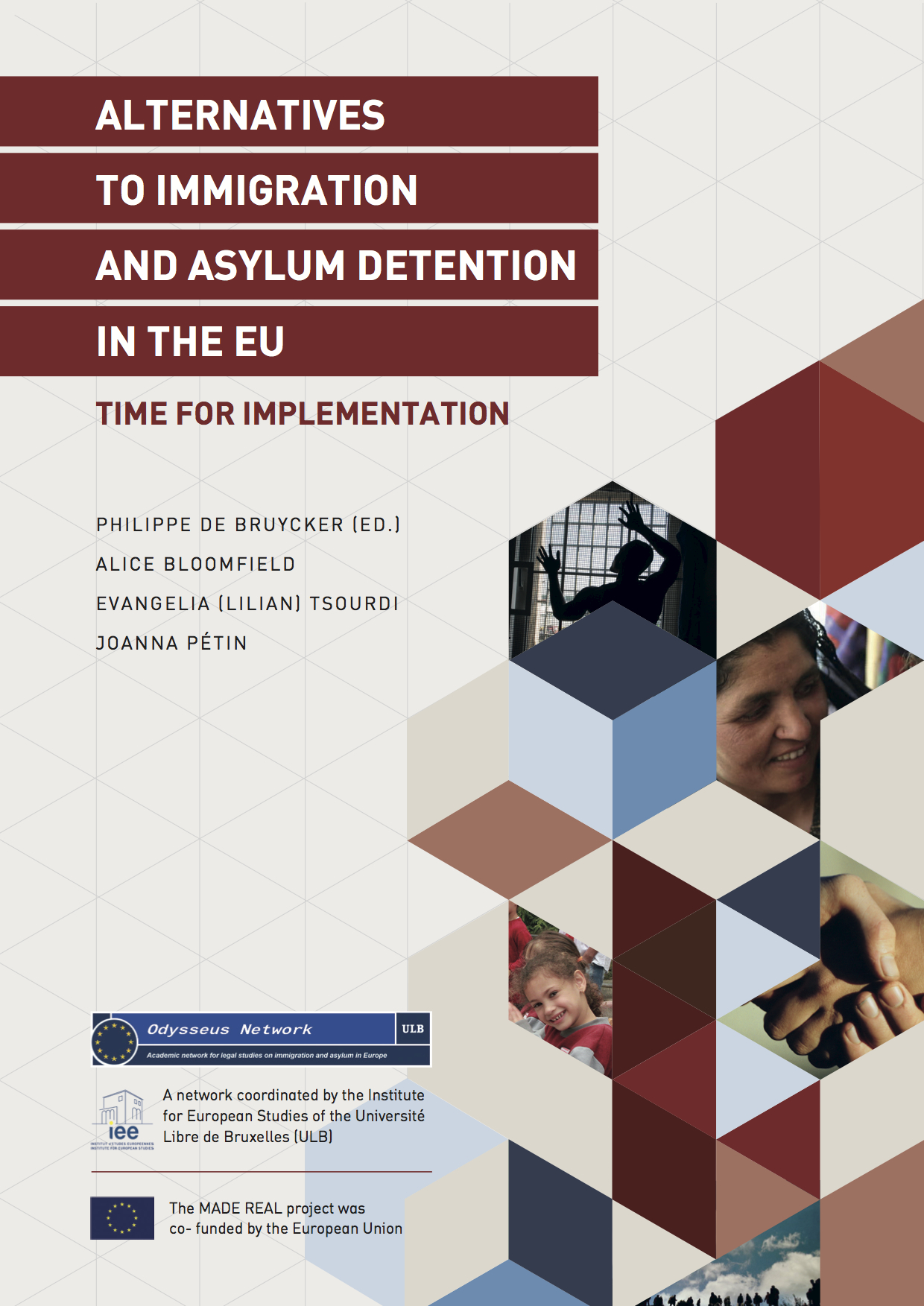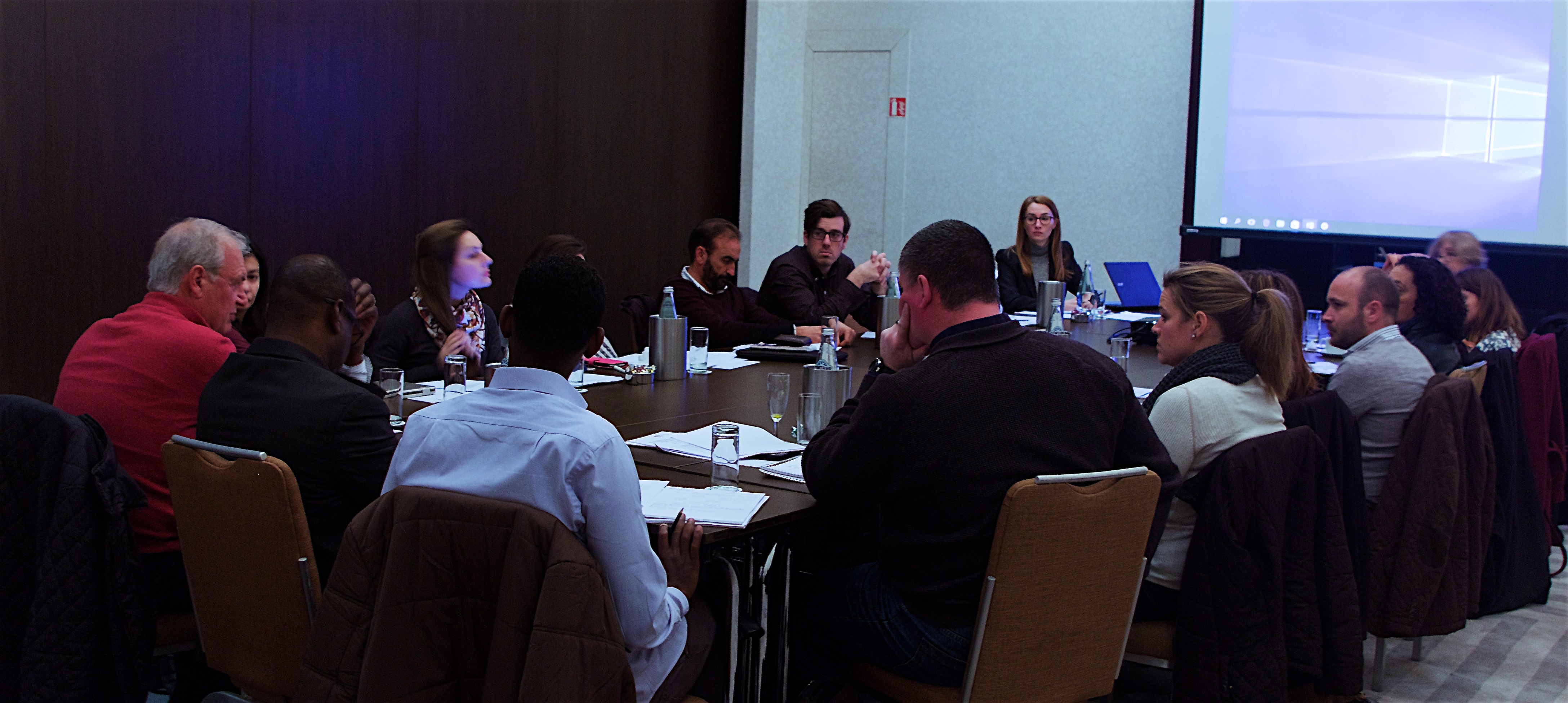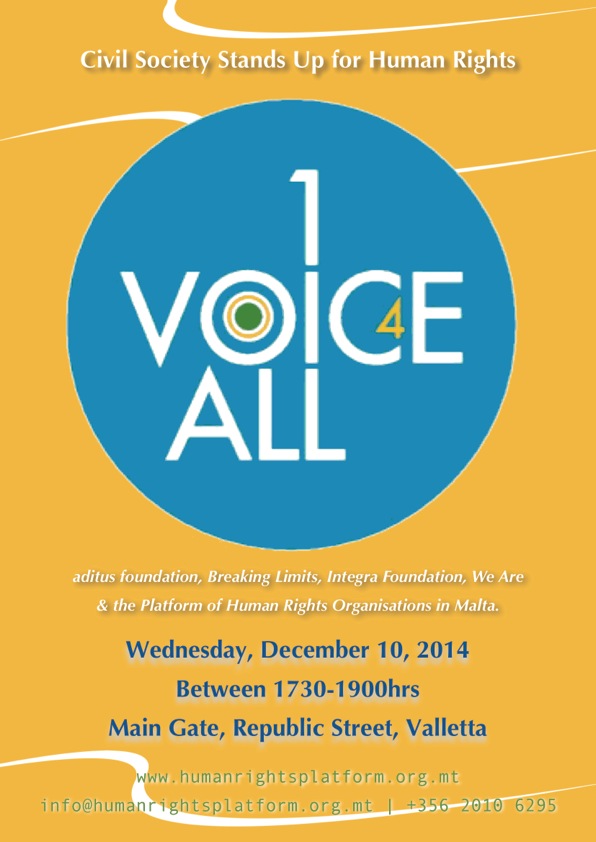On 26th and 27th January our Director attended the first EU Migration Forum, jointly organised in Brussels by the European Commission and the European Economic and Social Committee (EESC).
“The Forum gathered inputs from national and international experts and top EU officials, but also testimonials from refugees and rescuers, who shared their real-life experiences and gave a face to migration flows, often wrongly portrayed in the media. Underlining the need for greater protection of asylum seekers and refugees coming to the European Union, the event, which brought together more than 200 participants, also discussed possible approaches to address people smuggling and human trafficking.”
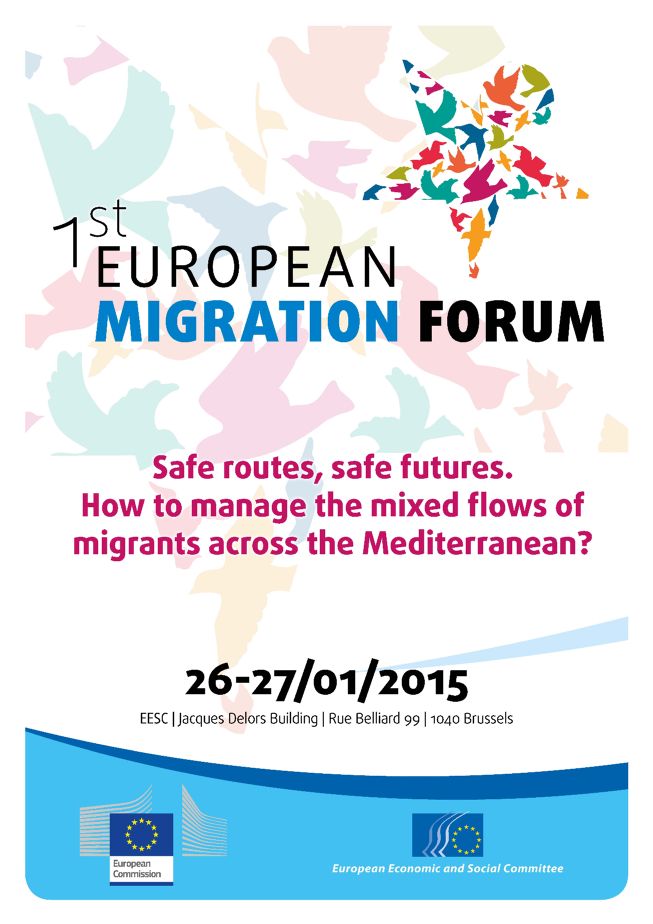
This first Forum was dedicated to the Mediterranean region, entitled ‘Safe routes, safe futures. How to manage the mixed flows of migrants across the Mediterranean?’ and in view of this regional focus our Director was invited to deliver a presentation as a panelists in one of the workshops (‘Access to the asylum procedure at the borders’). Together with Neil the panel consisted of representatives of the Fundamental Rights Agency, the European Asylum Support Office, UNHCR, JRS Europe and Prodein.
After introducing aditus foundation and our work, Neil dedicated his presentation to highlighting specific human rights concerns regarding access to EU territory and asylum procedure, and to criticizing the institutional approach to the question: what role for NGOs? He stressed the fact that migrants have been dying around Malta for several years, insisting that the momentum to address these tragedies be maintained. He also stressed the following:
- asylum-seekers are increasingly refusing to be finger-printed, leaving them in an unprotected state. In our experience, this is probably due to sub-standard reception conditions in the region (notably Italy, Greece and Malta) as well as limited or no long-term prospects;
- persons dying at sea are not only refugees but also migrants traveling for non-protection reasons. Discussions on safe and legal access to the EU for refugees should be held in parallel with talks on safe and legal access to the EU for migrants traveling for other reasons, such as employment, family reunification, etc.;
- a shift from policy/politics back to a rights-based approach is urgently needed, in order to reframe discourse and standards within legal obligations emerging not only from the Common European Asylum System but also from other instruments such as the 1951 Refugee Convention, the ICCPR, the CRC, the ECHR, the EU Fundamental Rights Charter, etc.
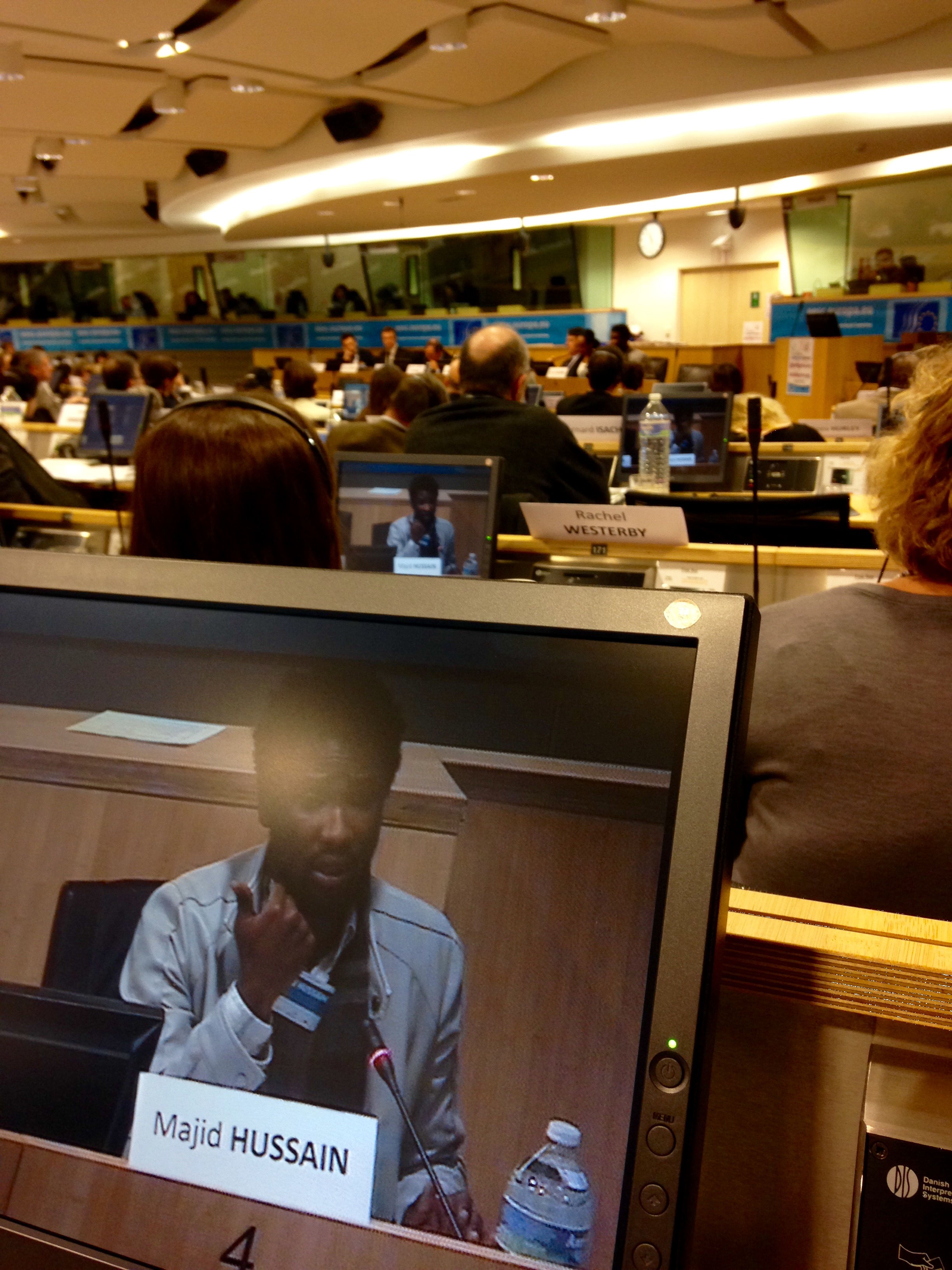
Neil reminded participants that refugees, almost by definition, will always tends to take unsafe and illegal routes to access protection, as also acknowledged in the 1951 Convention. With this in mind, 3 questions need to be tackled, particularly within the Mediterranean context:
- How do we avoid criminalizing irregular arrivals? Examples of bad practices given include detention, negative public discourse, judicial proceedings and sanctions;
- How do we treat persons traumatized by the unsafe journey? What protective and preventative systems do we need to establish?
- How do we treat the corpses? He referred to the 2013 Lampedusa tragedy, remembering the post-incident chaos due to the lack of procedures, guidelines or standards to deal with personal belongings, data collection, notification to family members, burials, etc.
Finally, Neil very strongly criticized the assumption that NGOs would fill those service gaps Member States could or would not provide themselves: legal aid, psycho-social support, interpretation, medical interventions, provision of information, family tracing, etc. He stressed that whilst NGOs are committed to providing such services as needed, we are primarily asking to be spoken to when discussing policies and laws.
“Everyone’s talking about the Mediterranean, everyone. But who is talking to us, us on the ground at the heart of the Mediterranean? Nobody!”
Neil’s final message was an appeal to all institutions: Talk to us!
We were happy to participate in this Forum, as we made new friends and reaffirmed our commitment to advocating for the highest possible human rights standards for migrants, asylum-seekers and refugees.

